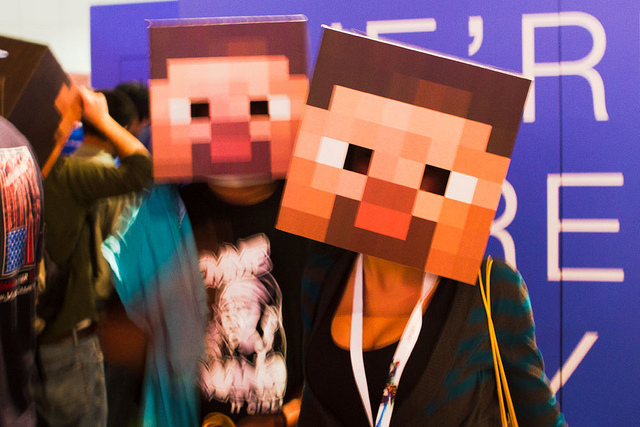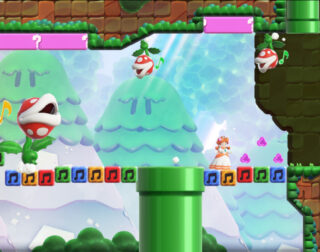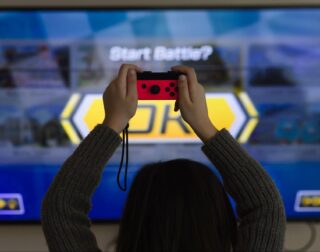There is no question that playing video games affects the brain. Most of the existing studies suggest that video games can improve brain-based skills and help kids with ADHD. Scientists are using functional magnetic resonance imaging (FMRIs) to show how video games can change the structure of the brain. What else does science say about video games and the brain?
Daphne Bavelier and Shawn Green have demonstrated how playing action-based video games can improve processing speed, and a recent study by scientists in China has shown that action games help our brains change and grow. Torkel Klingberg has demonstrated that consistent use of adaptive video games improves working memory skills and alters brain structure, and the game he created, Cogmed Working Memory, is backed by countless peer-reviewed studies and has been used to help childhood cancer survivors regain their remembering power. Jane McGonigal, creator of the positive psychology app SuperBetter, points out that video gaming is the neurological opposite of depression.
Increases in grey matter in the right hippocampus, the cerebellum, and right prefrontal cortex were observed in a study of adults playing Super Mario Bros. Another study demonstrated that playing Tetris resulted in a larger cortex and increased brain efficiency. Playing Rayman Raving Rabbids can improve reading in children ages 7 to 13. StarCraft, an action game, can lead to improved brain flexibility and problem solving. Brain-training video games change brain functioning and slow the degree of mental decay in the elderly. Akili Interactive Labs is making history with Project: EVO, a video game currently undergoing the FDA approval process as the first non-pharmaceutical treatment for ADHD and other executive function deficits.
However, as with virtually anything else in the world, too much of a good thing is bad for you. If you drink too much juice, eat too much fruit, or spend too much of your time jogging, there will be negative effects. Helping your child have a balance of physical, social, unstructured, creative, and digital play, what I call a healthy “Play Diet,” is vital. With video games, playing between 60 to 90 minutes a day appears to benefit kids the most.
Featured image: Flickr user Richard Cabrera





